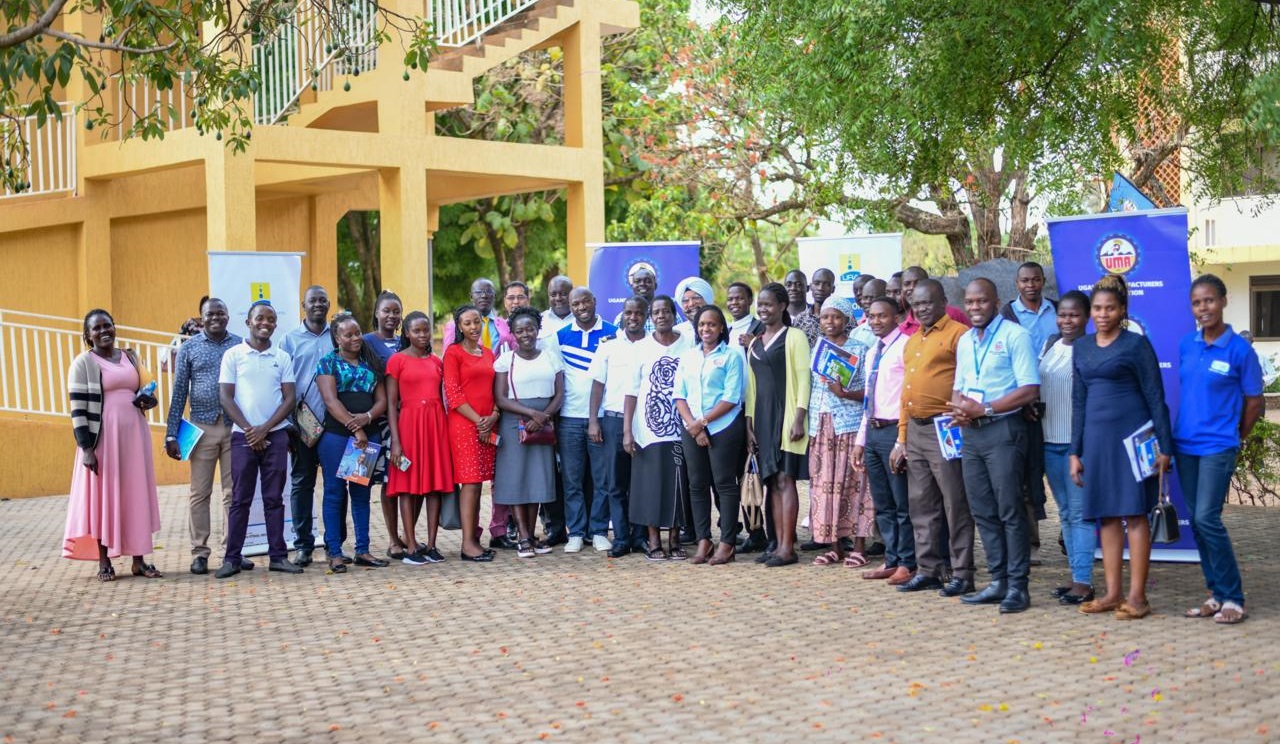
Uganda Revenue Authority (URA) recently convened with manufacturers in Lira district to enhance awareness about taxation matters. The one-day workshop, held at Hotel Margaritha, is part of URA’s ongoing partnership with the Uganda Manufacturers Association (UMA) aimed at supporting manufacturers in business growth while ensuring compliance.
The workshop addressed a range of topics, including the Digital Tracking Solution (DTS), commonly known as Digital Tax Stamps, customs processes, and other tax issues relevant to manufacturers.
Twaha Kayondo, Ag. Manager of Domestic Taxes for the Northern Region, introduced the compliance pyramid and urged manufacturers to adhere to the tax cycle to remain within the law. He also explained the workings of Value Added Tax (VAT) and the opportunities presented by Alternative Dispute Resolution (ADR).
Yasin Luwagga from customs discussed various incentives, such as duty drawbacks, duty remission, VAT deferment, and the Authorized Economic Operator programme.
He highlighted the benefits of the Digital Tax Stamps (DTS), stating, “DTS is a powerful tool for market protection. There are 13 products designated for DTS; those that bear stamps are genuine, while products lacking them are considered illicit, which we aim to eradicate.”
Luwagga clarified the two types of stamps available: direct marking or ink stamps, and paper stamps, like those used on Waragi and Kombucha.
The meeting concluded with a question-and-answer session, where a panel of URA experts addressed the manufacturers’ inquiries.
According to Michael Khaija, a policy officer at UMA, the collaboration with URA was driven by the need to empower manufacturers with essential information for thriving in today’s business environment.
This partnership has successfully enhanced compliance and strengthened collaboration with the manufacturing sector.
By Gabriel Kyambadde






No Comments yet!